| Slide
|
Speaker notes
|

|
|
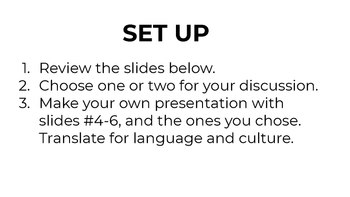
|
|

|
|
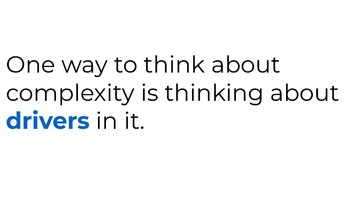
|
|

|
|

|
|

|
Framing: Movement structures can be built in more centralized or decentralized way. Focusing on centralization will create centre(s) of excellence with capacity and competence to drive the global work. With decentralized model we are bringing agency to the local groups and empower them for development and emerging leadership. Where should we balance on the scales of centralization vs decentralization?
|

|
Framing: Movement actors can be more independent or dependent in their work. In our day to day activities we are striving for independence to make the most of our resources and context. At the same time we see that a much bigger impact could be created in an interdependent structure. How do we balance our need for autonomy and benefits of interdependence?
|
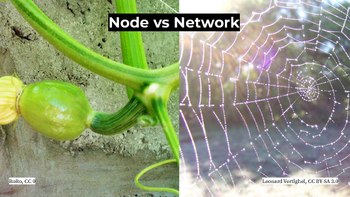
|
Framing: When thinking about our global movement we often focus on the key points where the intersections happen and that seem to bind it all together. At the same time we often forget about the whole network around it and detach the nodes from bigger picture. This gives us sufficient level of details to understand what is happening in and immediately around the nodes, but does not give us the full picture of the network. At the same time thinking about the whole network seems to stay on a too abstract level that does not really give us practical solutions we need for day-to-day work and existence. How to we overcome this issue of perspectives?
|

|
Framing: Structures are about ensuring sustainability and predictability in complex systems. Flexibility helps us to adapt and iterate in a fast pace to make the most of rapidly changing world. Where should we place ourselves in terms of structural and more flexible approach to ensure stability and making most of the emerging opportunities?
|
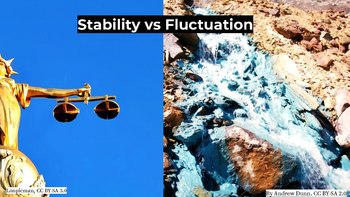
|
Framing: Stability supports endurance and sustainability, while also creating privileges in the structures. Fluctuation is key in bringing in new ideas and nurturing innovation, but at the same time it is the source of uncertainty and discomfort. How do we balance our need for comfort in performance and support emergence of new ideas at the same time?
|
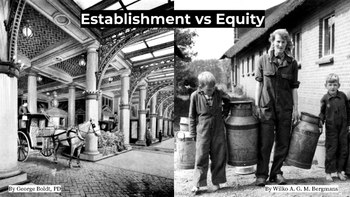
|
Framing: Establishment is an important part of success and sustainability of a project or endeavour. However it also brings about power dynamics and privilege. Equity helps to spread out the responsibilities across diverse range of actors and stakeholders, but comes with the overhead of training and competence transfer. What is our way forward when balancing the benefits of establishment and equity?
|

|
Framing: We often say that Wikimedia has grown organically and this is the only way for us to continue to grow. At the same time this also means that we don’t have a clear understanding on how things function in our movement or why they are functioning in a certain way. As we continue to organically grow, this evolving pattern creates more and more confusion and results in an entry barrier for people and organizations who want to belong to this global movement. While a more intentional approach to development would create more clarity and predictability in the systems, this might also make us to miss out on growth opportunities which would be in our reach with a more organic approach. How to balance this tension, make sense of ourselves and our future while maintaining the flexibility of the organic growth?
|
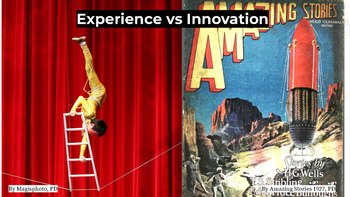
|
Framing: We do well what we have experience in. There is low risk in placing our bets on activities where we have a good track record of performance and developed structures and models for action. At the same time some of our well established activities may become obsolete or not function that well because of the rapidly changing world and context around us. How do we ensure that we are using our experiences well where it makes sense and how do we identify our needs for innovation and change? Where should we balance when considering these drivers?
|
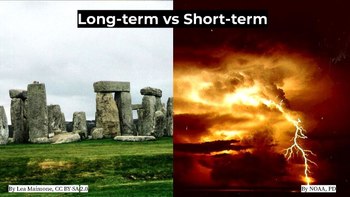
|
Framing: Long-term thinking helps us to focus on the outcomes and impact we strive towards and provide us with the purpose of our work. This is the Wikimedia vision statement and strategic direction. They spark ambition and inspire, but at the same time do not give us concrete guidance on how to get there. On the opposite side we see the effects of our daily work and can grasp practical solutions to improve our performance. While this gives us a good understanding of where we are moving in near future, there seems to be lack of bigger picture and purpose in this approach. As often this long-term and short-term approaches and thinking are detached we stand perplexed and seem to miss out on something. What is it and how do we create connection between our short-term and long-term thinking?
|

|
Framing: When considering our performance we often consider the immediate effects and tangible performance, as it is something in our reach and easily graspable. At the same time our decisions and actions have a longer term impact. And often cases it is hard to predict where is the line of dominoes ending. Where should we balance between ensuring immediate effects and long-term impact when thinking about the future of our movement?
|
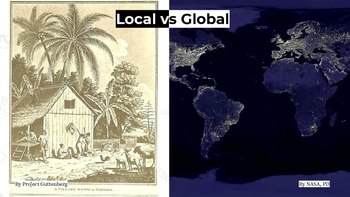
|
Framing: Wikimedia is a global movement with local actors (individuals and organizations) doing the work on ground. We know that some decisions made on the global level do not function so well in local contexts and at the same time we see how it is difficult to create a coherent global narrative based on different local stories and realities. As a global movement we feel the need of a global narrative, but at the same time we understand that for full efficiency we need tailored approaches for each and every community. How do we solve this dilemma and truly become the global movement we aspire to be while helping the locals communities thriving in their particular contexts?
|

|
Framing: Whether it is featured articles or pictures, number of references we use or depth in reports that we share, Wikimedians love to be thorough. At the same time we have to deal with reach issues in our global community to make the most of our expanding network. If we try to be fully detailed in our approaches, we will lack capacity to ensure that these rich stories and experiences reach the corners of our network. While we only concentrate on reach, we seem to lack level of detail and context for stories that we as Wikimedians appreciate and could use to make sense of all the flowing information and knowledge. How could we approach this problem structurally and provide sufficient level of detail in reaching all corners of the wiki-world?
|
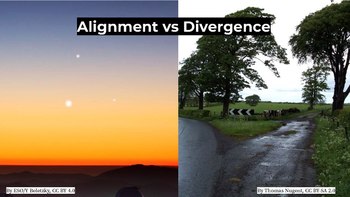
|
Framing: Alignment in our global movement ensures that we are working towards the same goals, can more easily understand and also learn from each other. Alignment feels to make our movement truly one global body. At the same time divergence brings richness and fresh ideas to the conversations and help us to improve our work and reach new areas with our impact. How could we overcome this tension and ensure that we take the most of the benefits of the alignment and divergence?
|
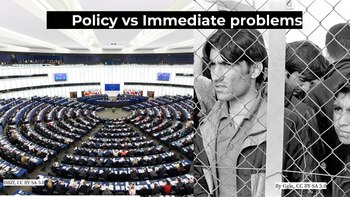
|
Framing: A structural approach to solving problems is policy work, but it takes a long time to make an actual change. At the same time a number of people across the globe, including in Wikimedia communities are struggling immediate problems. How could we solve immediate problems in a way that is more sustainable than “extinguishing fires” as they occur while not winding down in endless debates around policy?
|
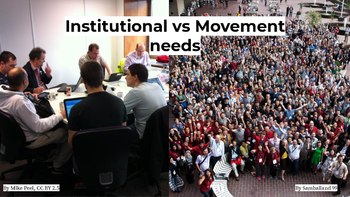
|
|
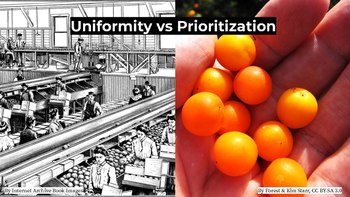
|
Framing: As we are striving for efficiency we often go for uniform solutions that have a proven track record across the global movement. At the same time there is a need to prioritize our activities based on our strategic approaches and areas where we truly want to achieve impact. This will surface priority activities which do not always align with the comfort of going with uniformity and proven methods. How do we balance the need of being impactful with the real need for effectiveness?
|